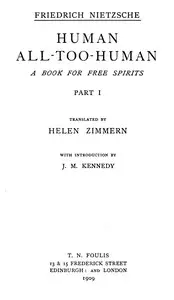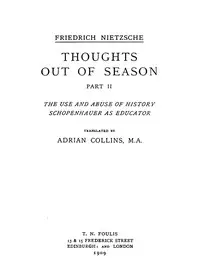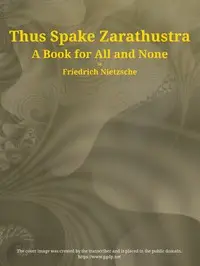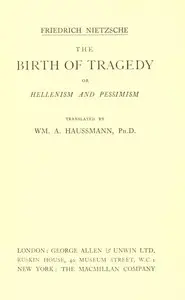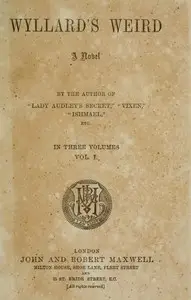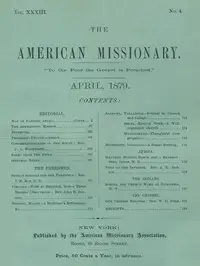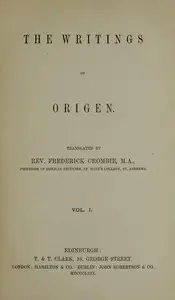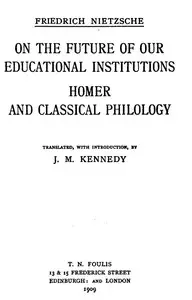"Beyond Good and Evil" by Friedrich Wilhelm Nietzsche is a philosophical treatise written during the late 19th century. In this work, Nietzsche critiques traditional moral values and explores the complexities of truth, morality, and the nature of human consciousness, arguing against the dogmatic philosophers of the past. He introduces concepts that challenge the conventional dichotomy of good and evil, seeking to understand the underlying drives that shape human behavior and belief systems. The beginning of the book presents Nietzsche's provocative thoughts on the "Will to Truth" and its implications for philosophy. He raises skeptical questions about the very nature of truth and knowledge, suggesting that what is often regarded as "truth" may actually be a product of deeper instincts and motivations. Nietzsche critiques the philosophers for their blind adherence to dogmatic principles, encouraging a more nuanced and existential understanding of morality, one that acknowledges the intricate web of desires and power dynamics at play. Through his contemplative and often confrontational prose, he sets the stage for a re-evaluation of how we perceive virtue, knowledge, and the essence of existence itself. (This is an automatically generated summary.)

Beyond Good and Evil
By Friedrich Wilhelm Nietzsche
"Beyond Good and Evil" by Friedrich Wilhelm Nietzsche is a philosophical treatise written during the late 19th century. In this work, Nietzsche critiq...
Friedrich Wilhelm Nietzsche was a German classical scholar, philosopher, and critic of culture, who became one of the most influential of all modern thinkers. He began his career as a classical philologist before turning to philosophy. He became the youngest person to hold the Chair of Classical Philology at the University of Basel in Switzerland in 1869, at the age of 24, but resigned in 1879 due to health problems that plagued him most of his life; he completed much of his core writing in the following decade. In 1889, at age 44, he suffered a collapse and afterward a complete loss of his mental faculties, with paralysis and probably vascular dementia. He lived his remaining years in the care of his mother until her death in 1897, and then with his sister Elisabeth Förster-Nietzsche. Nietzsche died in 1900, after experiencing pneumonia and multiple strokes.


